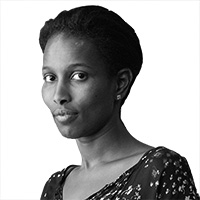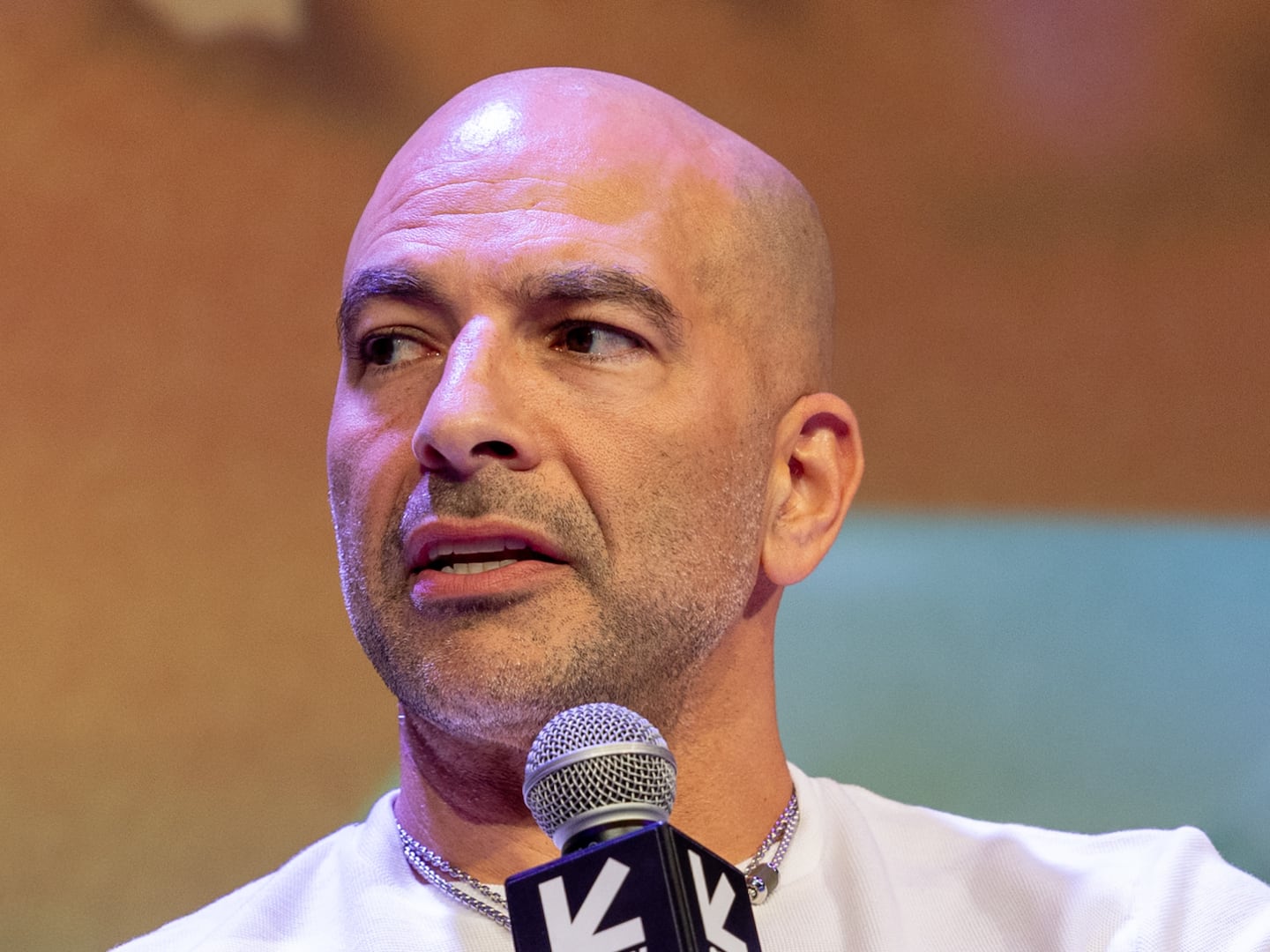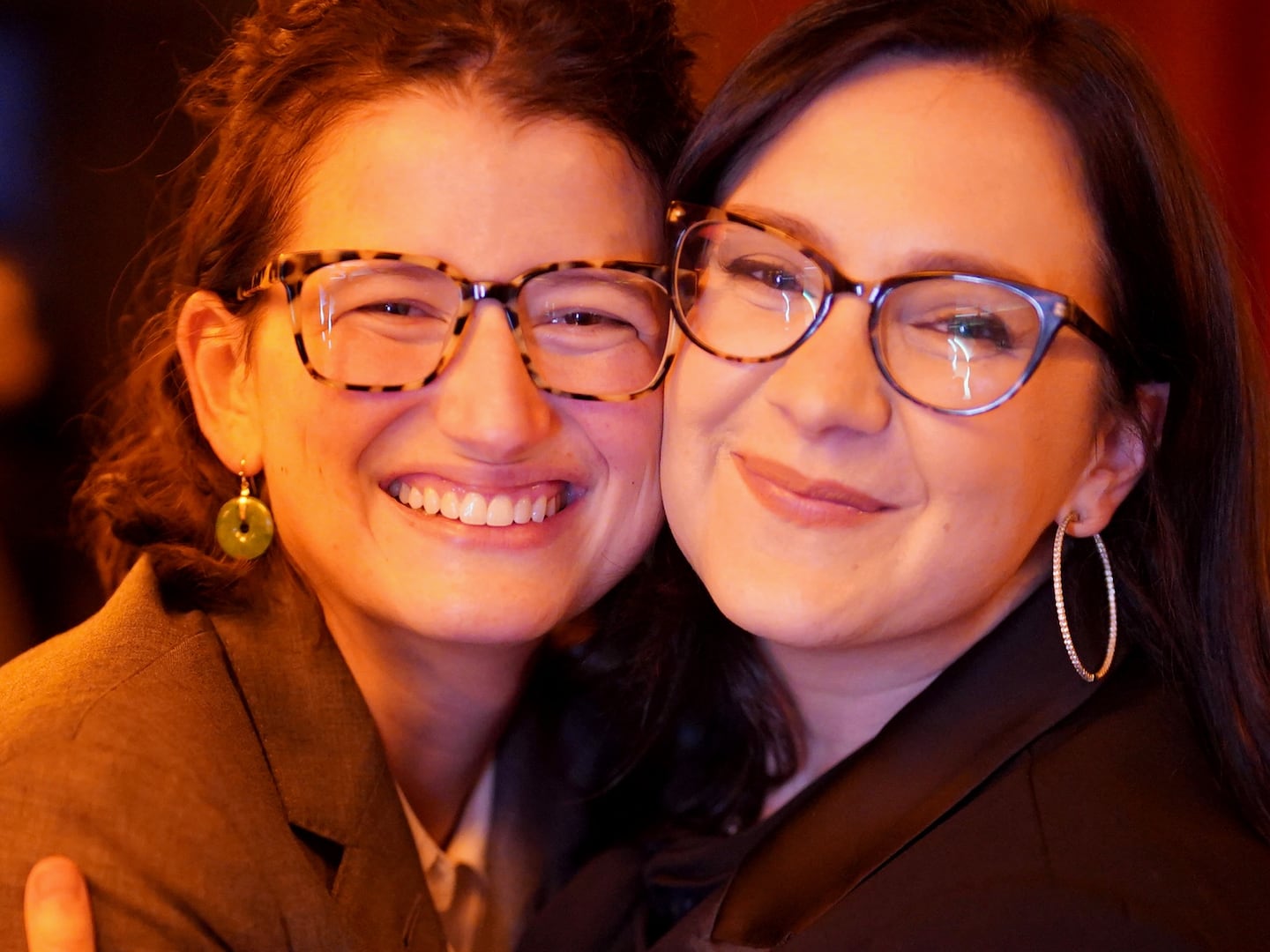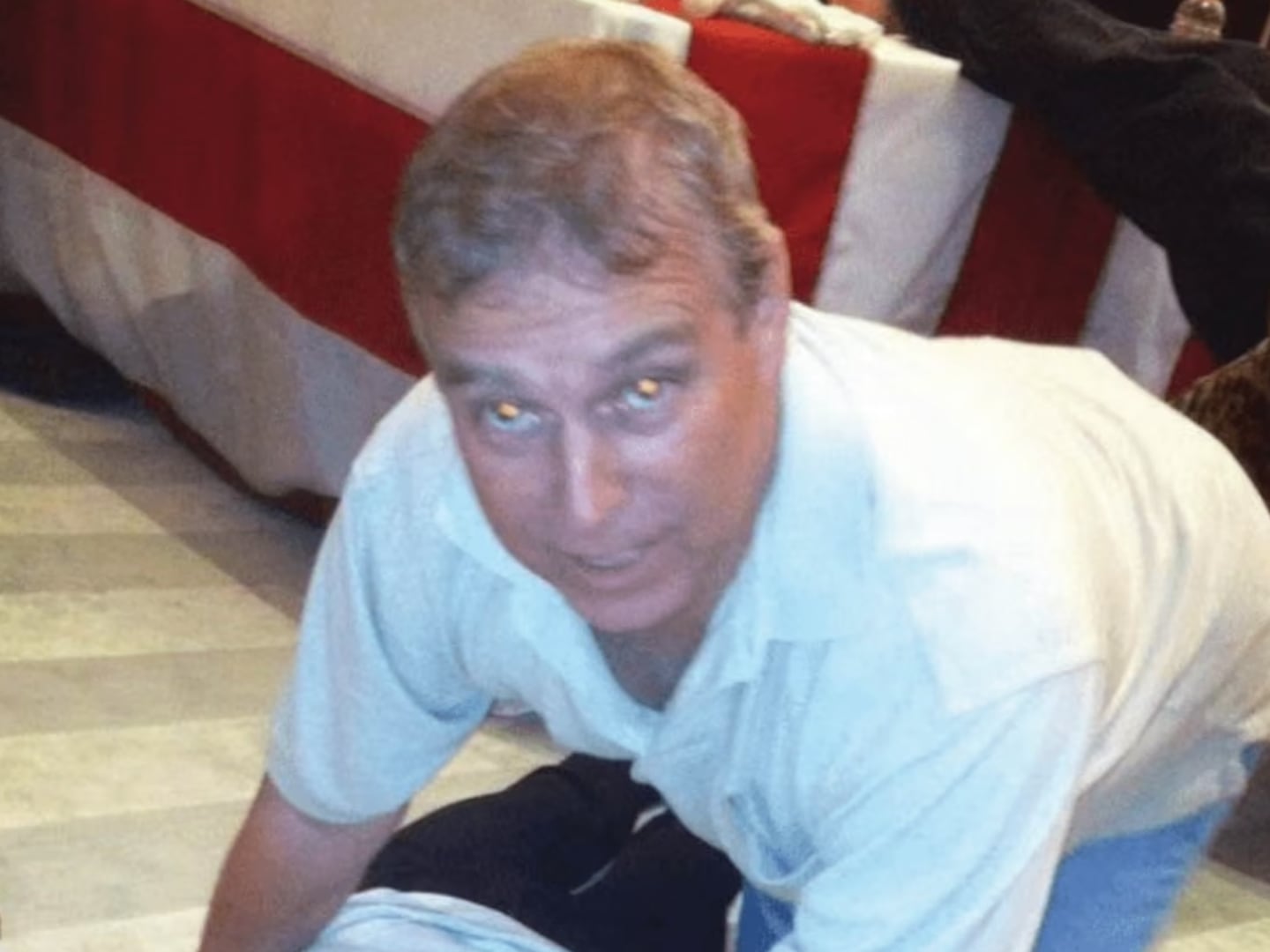
One November morning in 2004, Theo van Gogh got up to go to work at his film production company in Amsterdam. He took out his old black bicycle and headed down a main road. Waiting in a doorway was a Moroccan man with a handgun and two butcher knives. As Theo cycled down the linnaeusstrat, Muhammad Bouyeri approached. He pulled out his gun and shot Theo several times. Theo fell off his bike and lurched across the road, then collapsed. Bouyeri followed. Theo begged, “Can’t we talk about this?” but Bouyeri shot him four more times. Then he took out one of his butcher’s knives and sawed into theo’s throat. With the other knife, he stabbed a five-page letter onto Theo’s chest. The letter was addressed to me. Two months before, Theo and I had made a short film together. We called it “Submission, Part 1.” I intended one day to make “Part 2.” (Theo warned me that he would work on “Part 2” only if I accepted some humor in it!) “Part 1” was about defiance – about Muslim women who shift from total submission to God to a dialogue with their deity. They pray, but instead of casting down their eyes, these women look up, at Allah, with the words of the Quran tattooed on their skin. They tell Him honestly that if submission to Him brings them so much misery, and He remains silent, they may stop submitting.
‘People ask me if I have some kind of death wish. The answer is no. However, some things must be said.’
There is the woman who is flogged for committing adultery; another who is given in marriage to a man she loathes; another who is beaten by her husband on a regular basis; and another who is shunned by her father when he learns that his brother raped her. Each abuse is justified by the perpetrators in the name of God, citing the Quran verses now written on the bodies of the women. These women stand for hundreds of thousands of Muslim women around the world. Theo and I knew it was a dangerous film to make. But Theo was a valiant man – he was a warrior, however unlikely that might seem. He was also very Dutch, and no nation in the world is more deeply attached to freedom of expression than the Dutch. The suggestion that he remove his name from the film’s credits for security reasons made Theo angry. He told me once, “If I can’t put my name on my own film, in Holland, then Holland isn’t Holland any more, and I am not me.” People ask me if I have some kind of death wish, to keep saying the things I do. The answer is no: I would like to keep living. However, some things must be said, and there are times when silence becomes an accomplice to injustice. I was born in Somalia. I grew up in Somalia, in Saudi Arabia, in Ethiopia, and in Kenya. I came to Europe in 1992, when I was 22, and became a memer of Parliament in Holland. I made a movie with Theo, and now I live with bodyguards and armored cars. In April 2006 a Dutch court ordered that I leave my safe-home that I was renting from the State. The judge concluded that my neighbors had a right to argue that they felt unsafe because of my presence in the building. I had already decided to move to the United States before the debate surrounding my Dutch citizenship erupted. Extracted from Infidel by Ayaan Hirsi Ali, published by Free Press. © Ayaan Hirsi Ali 2007.






